Search The Collection
Filter By
Object Type / Material
Geographic Location
Date / Era
Department
Show Only:
- As part of the Met's Open Access policy, you can freely copy, modify and distribute this image, even for commercial purposes.APIPublic domain data for this object can also be accessed using the Met's Open Access API
- Objects with changed or unknown ownership in continental Europe between 1933-1945. Learn more
Showing 2,572 results for European, possibly Ireland
Sort By:
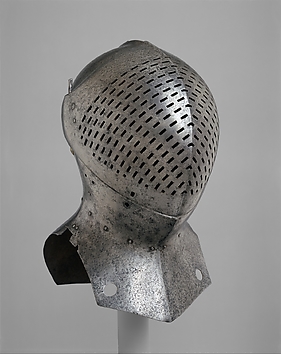
possibly British
ca. 1510
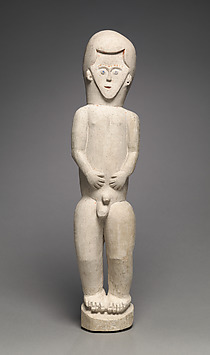
Southern New Ireland
late 19th century
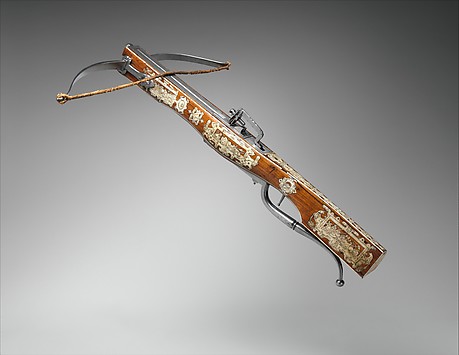
Jacob Floris
ca. 1570–1600
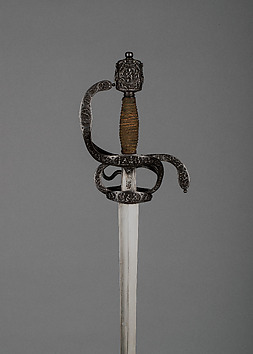
M. I. F.
ca. 1600
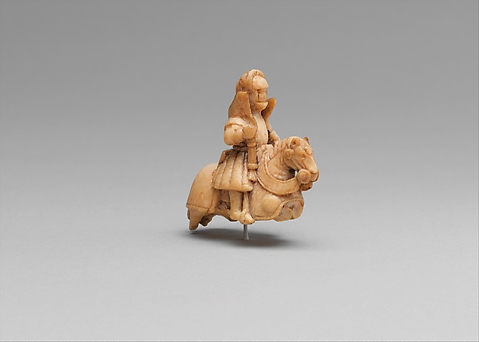
Western European, possibly Germany or England
ca. 1510–30
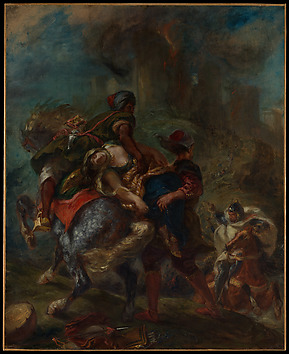
Eugène Delacroix
1846
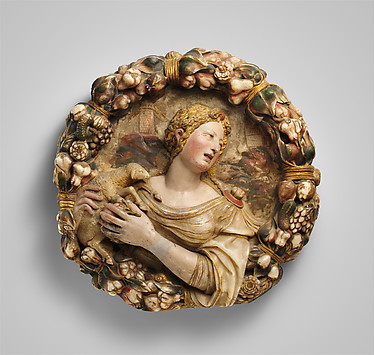
Diego de Tiedra
mid-16th century
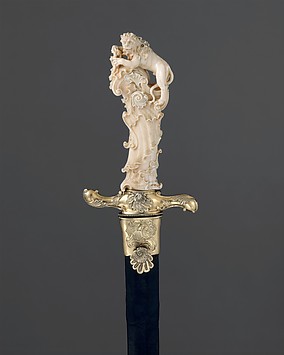
Joseph Deutschmann
ca. 1740
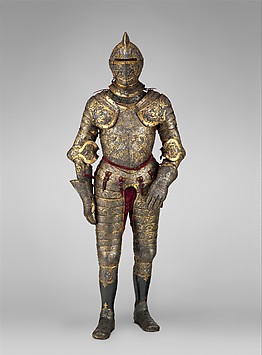
Jean Cousin the Elder
ca. 1555
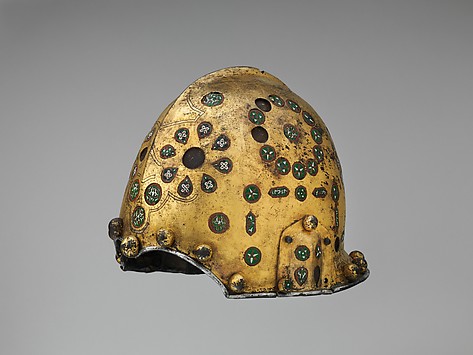
Spanish, possibly Granada
late 15th–early 16th century
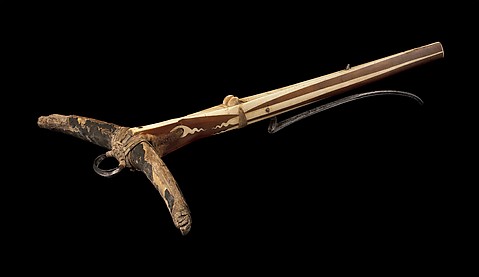
Central European, possibly Austria
ca. 1425–75
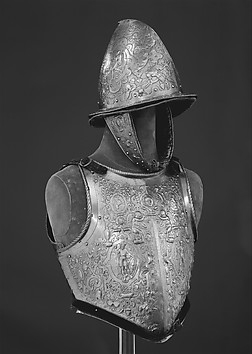
D. G. V. Lochorst
ca. 1575
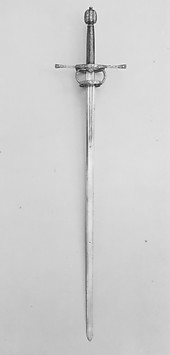
Northern European, possibly Switzerland
early 17th century
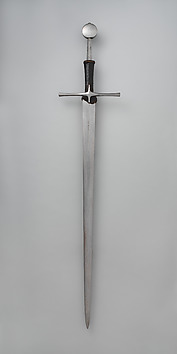
European or possibly British
15th century
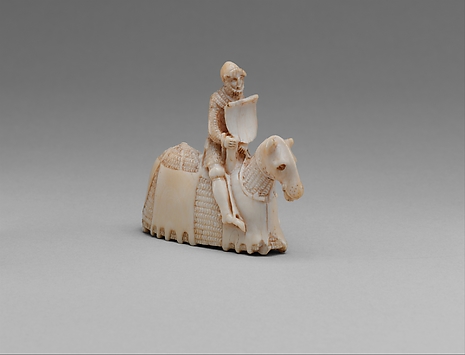
Western European, possibly England
ca. 1350–60
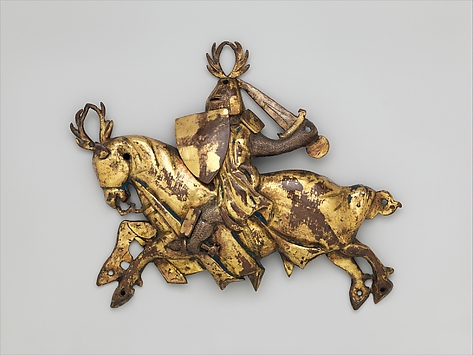
Western European, possibly British
ca. 1300
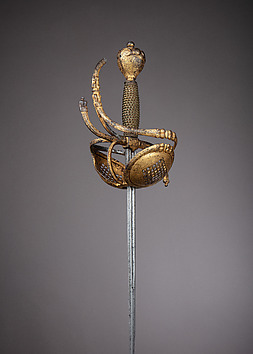
Northern European, possibly Flanders
ca. 1620–30
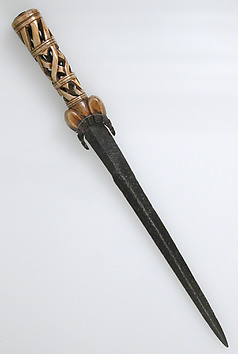
Western European, possibly Britain
ca. 1450–1500

Central European, possibly German
early 16th century; 14.25.1576g, probably 17th or 18th century
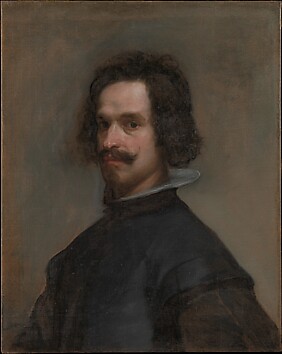
Velázquez (Diego Rodríguez de Silva y Velázquez)
ca. 1635
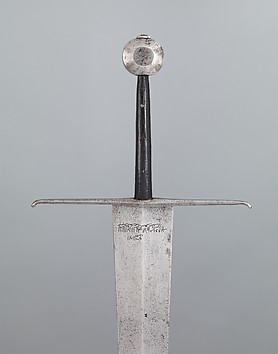
European
before 1419
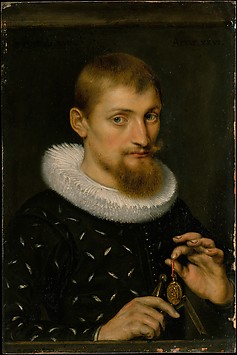
Peter Paul Rubens
1597
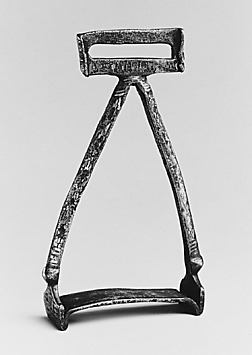
North European, possibly northern Germany
10th century
European, possibly German
probably 16th century
European, possibly German
probably 16th century
European, possibly German
probably 16th or 17th century
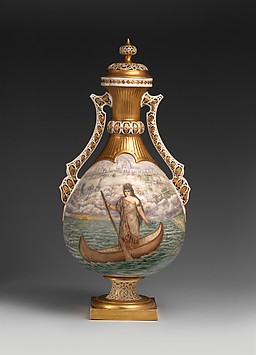
Willets Manufacturing Company
ca. 1900
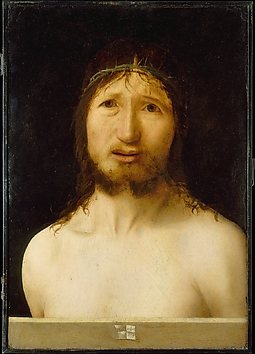
Antonello da Messina (Antonello di Giovanni d'Antonio)
European, possibly Ireland
1000–500 BCE (?)
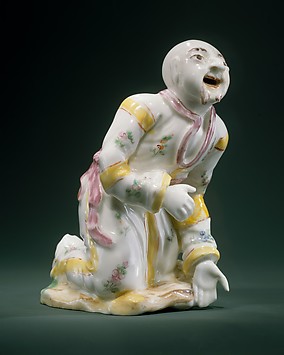
Mennecy
ca. 1755–65
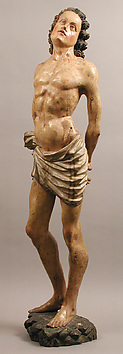
Northern European
late 15th century
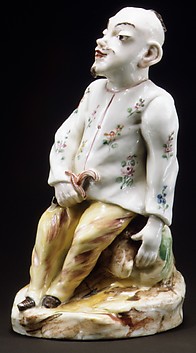
Mennecy
ca. 1755–65
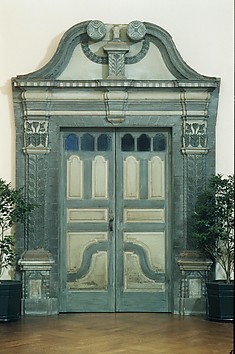
Alexander Grant
ca. 1750
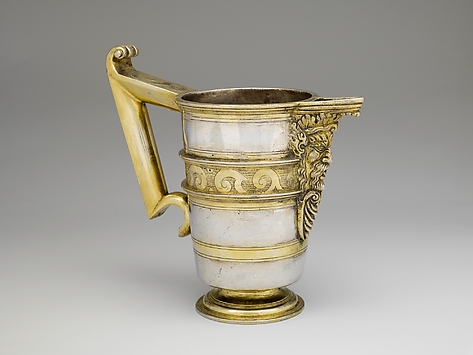
Hernando Solis
late 16th century
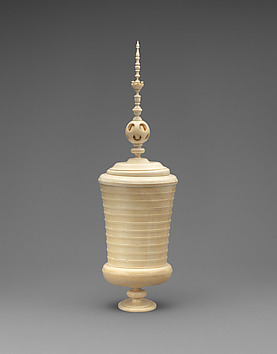
Georg Wecker
late 16th century
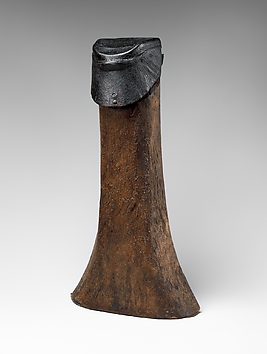
Western or Central European; quiver, possibly German
quiver, probably early 16th century; bolts, 14th–16th century
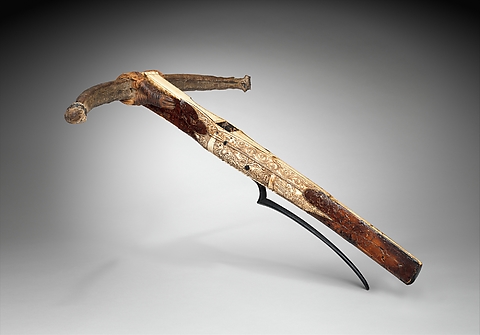
Central or Eastern European, possibly Vienna
dated 1489
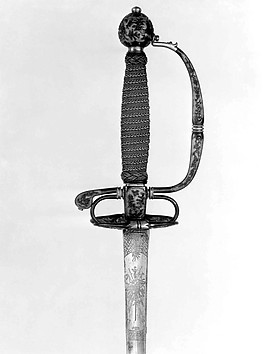
hilt, Japanese, possibly Dejima; blade, European
ca. 1730
East European, possibly Balkans
18th–19th century
Central European, possibly Germany
probably 17th or 18th century